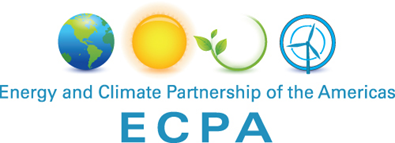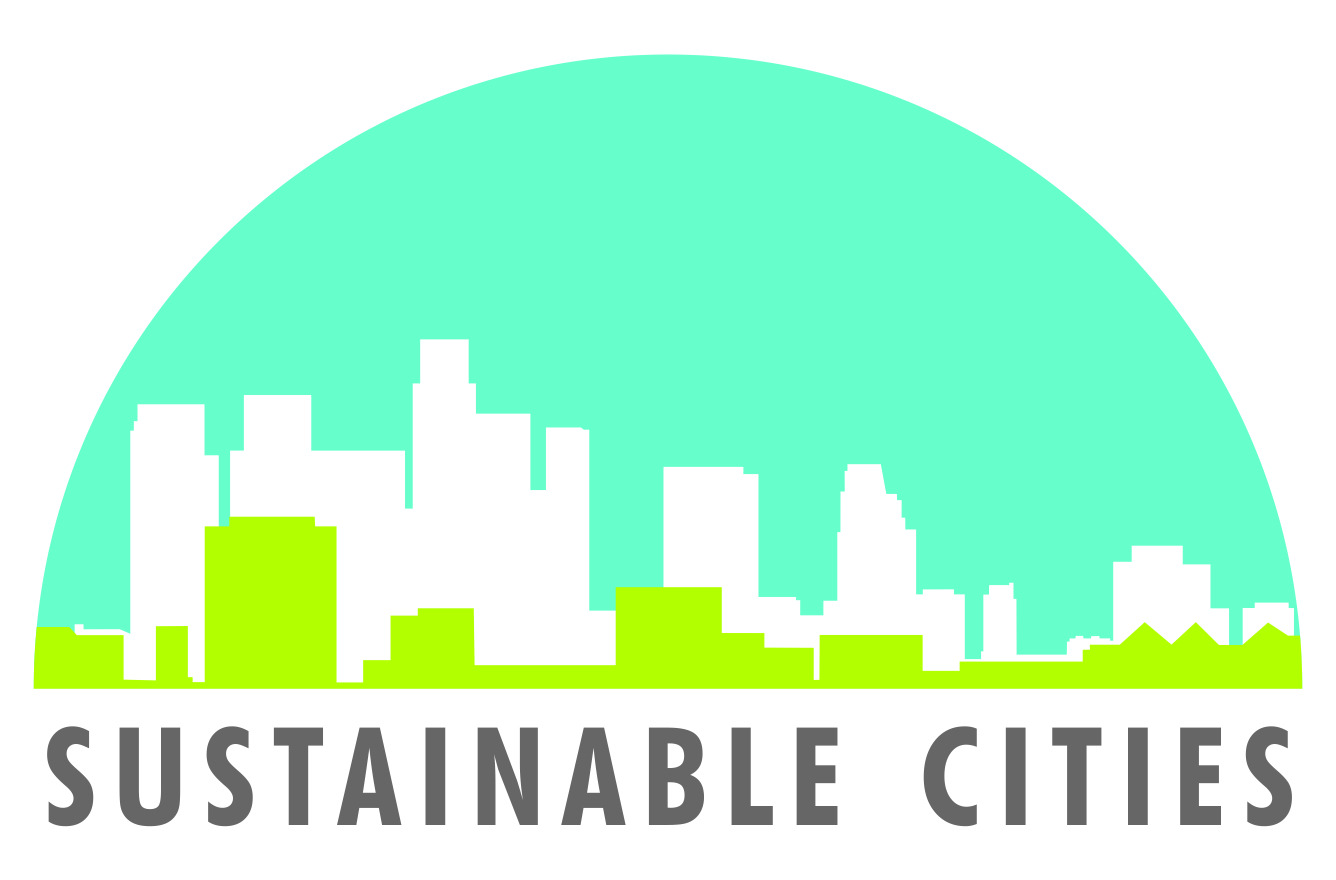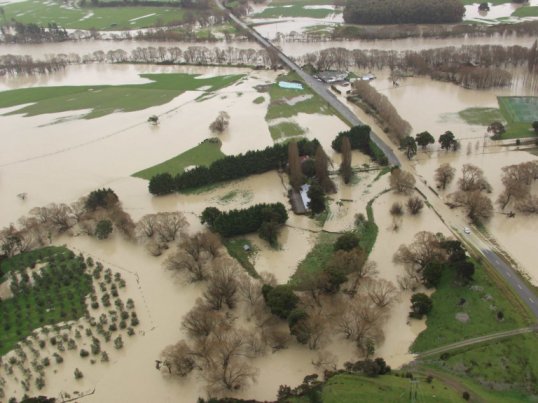Sustainable Communities in Central America and the Caribbean
On-going Projects
Publications
Past Events
Sustainable Communities in Central America and the Caribbean


Participating Countries: All countries in Central America and the Caribbean
Financing: U.S. Department of State

Context: The imperative of building sustainable cities and communities in the hemisphere was first acknowledged during the First Summit on Sustainable Development in the Americas held in Santa Cruz de la Sierra in December 1996. In this context, a Plan of Action was released as one of the main outputs of this Summit. Since that time the Department of Sustainable Development of the Organization of American States (OAS-DSD) has been working with member states in four areas under the sustainable cities theme: economic development, housing, pollution prevention and environmental protection, and sustainable transport.
Objective: The project strengthens the capacity of NGOs and community associations in Central America and the Caribbean to build sustainable communities in the context of the Energy and Climate Partnership of the Americas (ECPA).
Description: Through the support of the U.S. Department of State, the DSD is implementing a small-grants program in Central America and the Caribbean. With the assistance from a technical review panel - made up of specialized agencies and NGOs with technical expertise in urban development - the DSD selected and funded the following project proposals from local NGOs and community associations of up to US$50,000 awarded on a competitive basis to support sustainable development at the community level.
Clean Energy and Energy Efficiency
|
N°
|
Institution
|
Country
|
Amount (USD)
|
Description
|
Proposal
|
Output
|
|
| 1 |
Dominican Republic
|
49,965
|
Provide technical assistance and capacity building to support and replicate a community-based highly participatory micro-hydroelectric initiative in the Dominican Republic |
||||
| 2 |
Guatemala
|
50,000
|
Reduce carbon emissions and indoor pollution
from the use of wood through the implementation
of organic waste biodigestion technology for
the production of biogas, strengthen the productive
use of organic composting and adopt sustainable
environmental practices in the micro watersheds
of Xeúl Canchel and Chibalám Chimachó.
|
||||
| 3 |
Nicaragua
|
35,640
|
Reduce energy dependence on fossil fuels and vulnerability to severe and prolonged drought through the creation of a vegetable oil micro industry with capacity to produce 8,000 lt/year and by planting 24,000 plants of Jatropha curcas in already degraded land unsuitable for other crops. |
||||
| 4 |
Nicaragua
|
44,271
|
Install 30 stand alone Photovoltaic Systems
for rural electrification of local communities
in Las Jaguas, Orocuina and El espinal micro-watersheds
and strengthen the capacities of key actors
in the development of renewable energies through
training in the use of specialized software
with state of the art technology in the design
of PV systems.
|
Resilience to Natural Hazards

|
N°
|
Institution
|
Country
|
Amount (USD)
|
Description
|
Proposal
|
Output
|
|
| 5 |
Guatemala
|
50,000
|
Reduce wildfire risk by strengthening capacities
for integrated fire management in agricultural
productive activities of two communities. Design
and implement wildfire risk management protocols
and early warning systems, create, equip and
train two wildfire commissions at the community
and municipal level in detection and immediate
responses well as two community brigades.
|
||||
| 6 |
Guatemala
|
50,000
|
Strengthen the capacity of indigenous communities to prevent and mitigate the risk of natural disasters in the Central Highlands of Guatemala focusing on their traditional knowledge for risk management, developing an early warning and response system and adopting sustainable productive practices as an adaptation effort to climate change. |
||||
| 7 |
St. Kitts and Nevis
|
50,000
|
Build community resilience to drought, flooding
and other natural hazards in one community in
each of Nevis' five parishes by implementing
sustainable preventative practices to safeguard
the communities from hazards and equip the local
population with the knowledge and technical
skills to prepare, respond to and minimize the
fallouts from natural and human induced hazards.
|
Sustainable Transport Solutions

| N° | Institution | Country | Amount (USD) | Description |
Proposal
|
Output
|
|
| 8 |
Costa Rica
|
50,000
|
Contribute to the implementation of an alternative
integrated urban transport system in the
greater metropolitan area of Costa Rica
by identifying opportunities and obstacles
related to expanding the bicycle paths and
the interconnection with the urban train.
Contribute to the development of bicycle
paths by installing infrastructure such
as traffic signs and bicycle parking. Raise
awareness within the local authorities to
promote bicycle use.
|
||||
| 9 |
St. Kitts and Nevis
|
50,000
|
Introduce Sustainable Transportation for
St. Kitts-Nevis with the use of facilities
for non-motorized modes in Basseterre City.
Develop a database for transportation statistics
to inform policy and forecast needs to avoid
potentially costly mitigation measures.
Formulate a Transportation Plan as an element
of the General Plan Framework or Master
Plan for the country and implementation
framework for re-distribution of mode share,
with emphasis on reducing traffic congestion,
pollution, and cost to commuters.
|
||||
| 10 |
Trinidad and Tobago
|
50,000
|
Comparatively analyze built and cultural
heritage of five Caribbean cities (Willemstad,
Paramaribo, Bridgetown, St. Georges and
East Port-of-Spain), three of which are
UNESCO World Heritage Sites and one of which
seeks that designation, for elements of
smart urban design that decrease car use
and encourage walking and cycling as well
as potential to generate local economic
development and serve as a model for new
urban development.
|
Waste management, Recycling (including electronic waste) and Improved Water Resource Management

| N° | Institution | Country | Amount (USD) | Description |
Proposal
|
Output
|
|
| 11 |
Belize
|
49,981.50
|
Support waste management efforts through education
and alternative solid waste disposal heightening
community awareness on the importance of reducing
the environmental impacts of solid waste disposal
while gathering data to identify diversified
recycling and reuse methods beneficial for sustainable
community development in Punta Gorda, Belize.
|
||||
| 12 |
El Salvador
|
50,000
|
Formulate the Waste Electrical and Electronic
Equipment (WEEE) Strategy for Central America
through a participatory approach and improve
the environmentally sound management of WEEE
in participating countries.
|
||||
| 13 |
Grenada
|
50,000
|
Recycle certain waste streams including fish
and other offals, brewer’s spent grain, market
waste, restaurant and hotel food waste and crop
waste to manufacture a protein product that
will lower the cost of feeding poultry and significantly
improve the livelihoods of Grenada’s farmers
while avoiding putting noxious organic wastes
in the local landfill and generating odor problems.
|
||||
| 14 |
Honduras
|
49,994.86
|
Create a waste management system through a micro-enterprise
model, creating jobs and opportunities for local
residents. Make waste collection cost effective,
accessible and financially sustainable. Develop
an organic waste treatment plant for the Sensenti
Valley region in the southwestern province of
Ocotepeque, Honduras.
|

